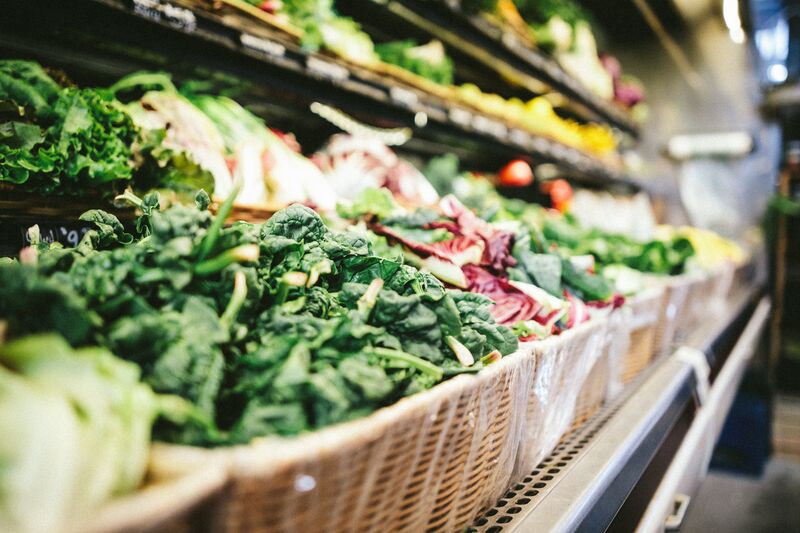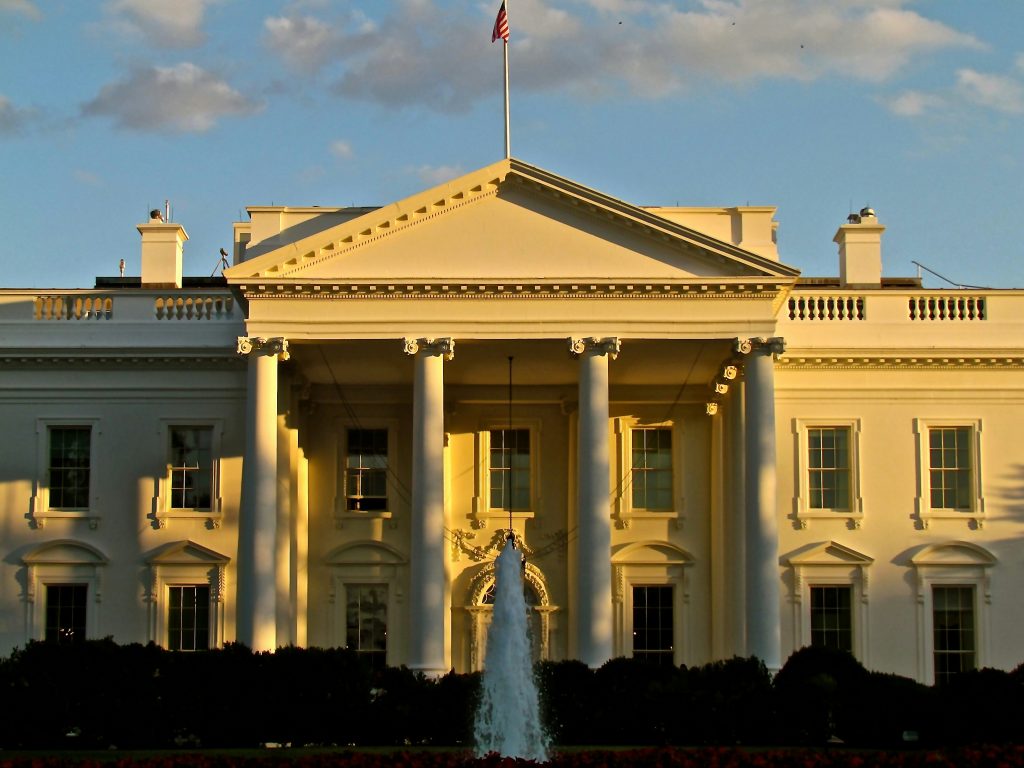The Potential Impacts of the Kroger-Albertsons Merger on Arizona

By Madison Andrade*
The Kroger-Albertsons merger announcement rattled the entire nation, yet its implications may be of particular significance for the state of Arizona. The national grocery chains have over 250 stores and upwards of 35,000 employees across the state.[1] The companies also maintain reputations as leading employers in the state’s nongovernmental sector, as they are two of the six companies that employ the largest amount of Arizona citizens.[2] If Kroger acquires Albertsons, the surviving corporation will make up nearly forty-four percent of Arizona’s supermarket industry.[3] While this would allow Kroger to compete with those in the big leagues, such as Amazon or Walmart, the ramifications would ripple well beyond these large competitors.
The largest concern for consumers, both in and out-of-state, pertains to the potential price hikes that coincide with oligopolization or monopolization. Where mergers rid of competition, higher costs for consumers ensue.[4] This is especially true for a lowly saturated grocery store industry, and Arizona’s market is no exception.[5] As noted, the market post-merger would be dominated, to the tune of forty-four percent, by a single corporation.[6] This domination would potentially allow Kroger to entrench its market power and price-gouge as it sees fit.
Alternatively, proponents of the merger project a decrease in costs by way of enhanced efficiency.[7] Enhanced efficiency is said to reveal itself in lower consumer costs.[8] This efficiency argument is supported by 2014 study, The Economic Cost of Food Monopolies: The Grocery Cartels.[9] It is imperative to note that this analysis pertains to the U.S. radio industry from 1996 to 2014, not the U.S. grocery store market in 2022. Whether these perceived efficiencies extend to the modern-day grocery market of Arizona will only be subject to review post-merger.
Not only this, but many question the heart of the efficiency argument itself. Given that both corporations have a large portion of the market prior to the merger[10], how much more efficiency can a consolidation offer? The merchandise purchased by each company is already at categorically high volumes, such that costs are maximally reduced. Will efficiencies, in terms of cost reduction, improve so greatly as to justify a mitigation in competition? Only time will tell.
A further—potentially more positive—implication may pose itself in the progression of smaller grocery chains. Arizona-based stores, such as Bashas’, foresee themselves taking advantage of the expected opportunities. With the merger, Kroger and Albertsons’ individual locations will likely be condensed. This consolidation will allow for stores like Bashas’ to penetrate the sought-after locations that were once steadily occupied by the larger chains. The question as to whether this penetration will be enough for Bashas’ to compete with the potential Kroger-Albertsons superstore will remain unanswered until the merger goes into effect and Bashas’ capitalizes on it.
The theme of this discussion is evidently subject to regulatory approval of the merger, but one aspect is guaranteed upon the deal’s confirmation— Arizona will be greatly impacted.
* J.D. Candidate, Class of 2024, Sandra Day O’Connor College of Law at Arizona State University.
[1] Russ Wiles, In Arizona, Kroger-Albertsons Merger Would Create a Behemoth, AZCENTRAL (Oct. 14, 2022, 6:00 PM), https://www.azcentral.com/story/money/business/2022/10/14/kroger-albertsons-merger-raise-concerns-competition-arizona/10499702002/.
[2] Id.
[3] Id. (citing to a 2019 analysis of the Chain Store Guide).
[4] See The Economic Cost of Food Monopolies: The Grocery Cartels, FOOD & WATER WATCH (Nov. 2021), https://www.foodandwaterwatch.org/wp-content/uploads/2021/11/IB_2111_FoodMonoSeries1-SUPERMARKETS.pdf
[5] Id. at 3.
[6] Wiles, supra note 3.
[7] Jeremy Duda, What a Kroger/Albertsons Merger Would Mean for Valley Shoppers, AXIOS PHOENIX (Oct. 21, 2022), https://www.axios.com/local/phoenix/2022/10/21/what-krogeralbertsons-merger-valley-shoppers (quoting attorney Shruti Gurudanti of Rose Law Group, “I think the bottom line is, is it going to drive down costs for your grocery bill and my grocery bill? [] I think it would because of all of the efficiencies it’s going to create.”).
[8] Daniel Hosken, Luke M. Olson & Loren K. Smith, Do Retail Mergers Affect Competition?
Evidence from Grocery Retailing (Bureau of Econ. Fed. Trade Comm’n, Working Paper No. 313, 2012), https://www.ftc.gov/sites/default/files/documents/reports/do-retail-mergers-affect
-competition%C2%A0-evidence-grocery-retailing/wp313.pdf.
[9] See Przemysław Jeziorski, Estimation of Cost Efficiencies from Mergers: Application to US Radio, 45 RAND J. ECON. 816, 843–44 (2014) (finding that “[t]he total cost savings from mergers after 1996 amount to about $1 billion, which outweighs the $223 million loss[] caused by the increased market power”).
[10] Wiles, supra note 3.


